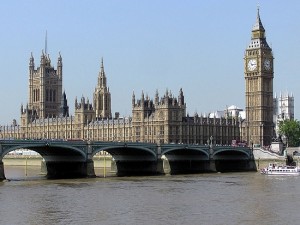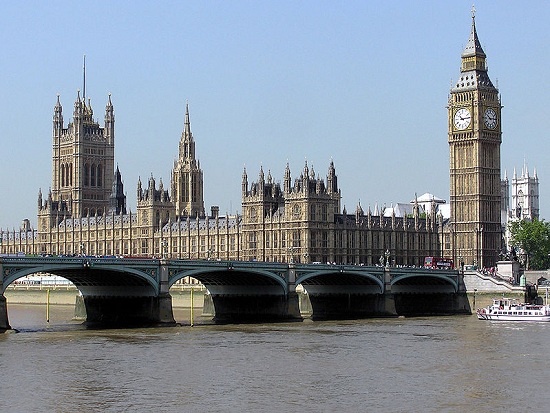 DEFRA Minister Therese Coffey told a Parliamentary Reception for the British Plastics Federation and PlasticsEurope that the industry should not fear the Government’s new Plastic Waste and Recycling Strategy.
DEFRA Minister Therese Coffey told a Parliamentary Reception for the British Plastics Federation and PlasticsEurope that the industry should not fear the Government’s new Plastic Waste and Recycling Strategy.
Speaking at the Palace of Westminster last week, Coffey said that despite the multiple warnings of the plastic waste pandemic, that the material remained important, according to British Plastics.
“I think that the Government is very clear that we are not about to try and eliminate plastics,” she reassured attendees. “But where Government does have a responsibility is by trying to make sure that we avoid using certain kinds of resources and materials that we don’t need, either because there are good alternatives, or because without proper treatment they end up impacting the environment.”
Outlining the British Government’s strategy, she continued: “There are certain ways in which we deal with this. One is by saying we need to be sensible about how we use plastics packaging, for example we know it’s good with regards to carbon footprint and good for food waste prevention, but we also need to be mindful of the consequences that it can, unfortunately, at times have on our national environment, which we have a responsibility to tackle.”
Hailing the need for a “circular economy approach,” Coffey added that she was aware how important it was to the plastics industry that the Government got its strategy right, “whilst still making sure you help the environment in the way you are doing already. I can assure you the Plastic Waste and Recycling Strategy is taking a lot of my time as well as that of the Secretary of State, who is passionate about this. There are other activities underway, but we should launch the document by the end of the year. The BPF has been very active on the policy formulation so far.”
The reception also featured speeches by Director General of the British Plastics Federation, Philip Law, and the Chair of the All-Party Parliamentary Group for the Packaging Manufacturing Industry, Mark Pawsey MP, who said that the Government was receptive to the plastics industry’s own vision for a circular economy.
“It may be natural for the plastics industry to be feeling somewhat unloved,” said Pawsey. “However, there are people in Government receptive to your message. I cannot encourage you enough to get in touch with your local MP and show them the good work that you are doing.”
In a later speech, Richard Harrington MP, Parliamentary Under-Secretary at the Department of Business, Energy and Industrial Strategy, praised the economic contribution of the UK’s plastics industry, declared that “as far as we are concerned, plastics has a huge future and we want to thank you for everything you have done.”
The Reception was attended by MPs, Ministers, and approximately 150 company representatives from the industry, a turnout described by one attendee as “impressive.”









